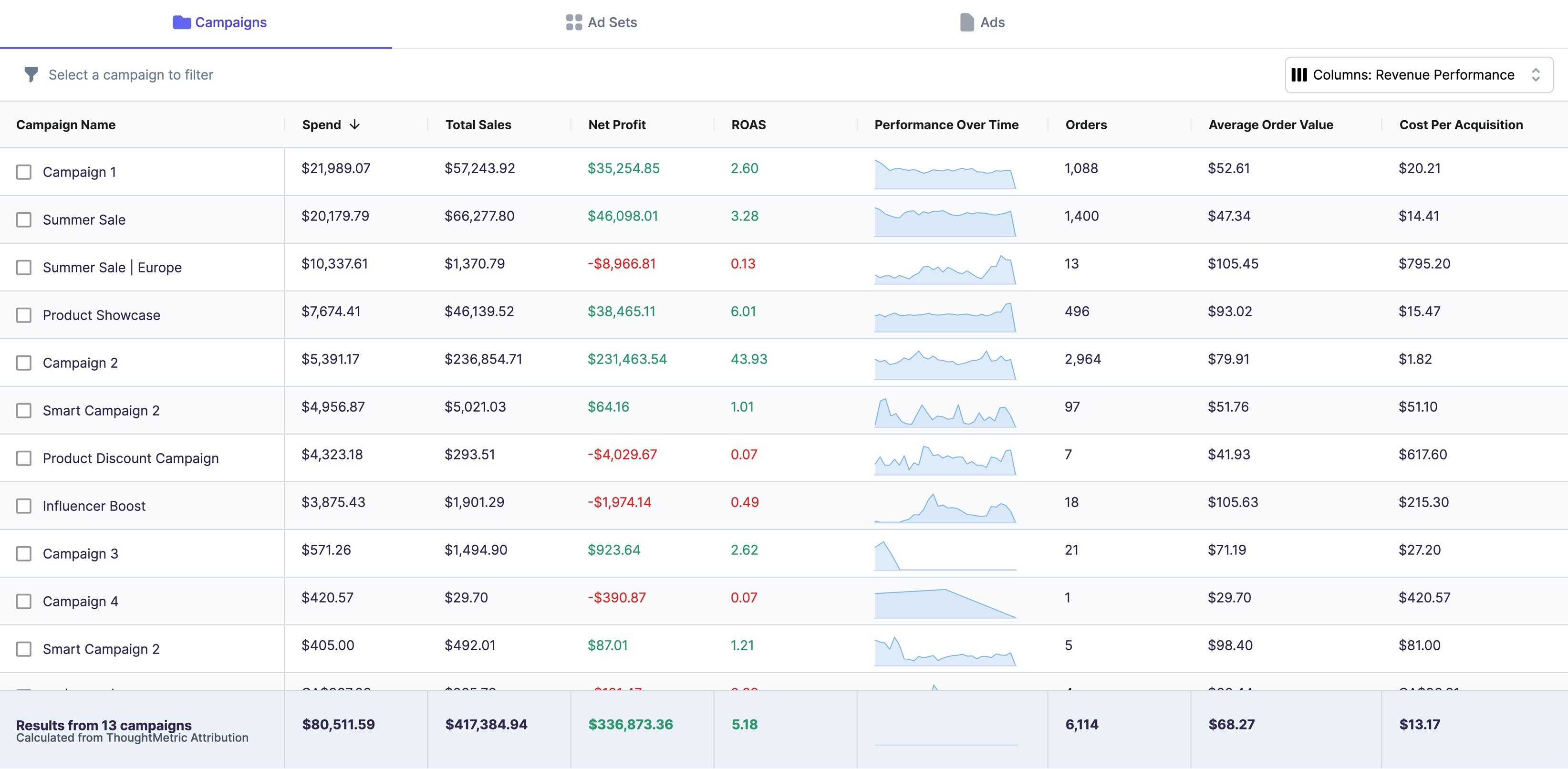2.) Professional Business
3.) Professional Creator

Personal
Creator
- DM Filtering
- Ability to prioritize messages from Brands & Friends vs others
- IG Creator Studio
- Insights into follower / unfollowers (gender, location, etc.) over time
- Post from Desktop
- Flexible Profile
- Define how you want to be contacted
- Hide / Display contact details on profile
- Tag Products (from brands) in specific posts
- Tag brands in sponsored posts to increase return on influencer marketing investments
Business
- Instagram Ads
- The defining functionality of an Instagram business account is the ability to run ads and track their performance.
- Add links (CTA - Call to Action) to posts and stories
- Add links to your posts and stories referring to your website or eCommerce store.
- Instagram Insights
- Basic analytics on your audience and its demographic
- IG Checkout & Shoppable content
- Remove friction to your social commerce efforts by leveraging the shoppable content feature.
- Allowing followers and prospects to shop from within Instagram without having to leave the app.
- Quick Replies
- Craft automatic / canned responses for Frequently Asked Questions (FAQs).
- Measure the ROI of your social media marketing (organic and paid)
- Get a comprehensive view of how your marketing investment impact sales by drawing a straight line from content (specific post / story) to sales transactions and revenue.
- Auto-schedule posts
- Leverage native and third party tools to auto-schedule content in advance.
- Post from desktop.
Ultimately, the type of Instagram account one selects has a lot to do with the desired outcome. If you want maximum control on your content and who can consume it - a Personal account would be the preferred choice. Conversely, if you are optimizing for increasing your followers and engaging with them effectively, the Creator IG account might be best suited to your needs. Lastly, if you are a brand that seeks to increase awareness for your products and services and see IG as a key channel of a broader Social Commerce initiative, it would be worthwhile to create a Business account as it affords you the ability to measure the impact of your social media marketing efforts with Facebook Pixel, or take it a bit further and measure how both your organic and paid content influences revenue via a tool like ThoughtMetric.










